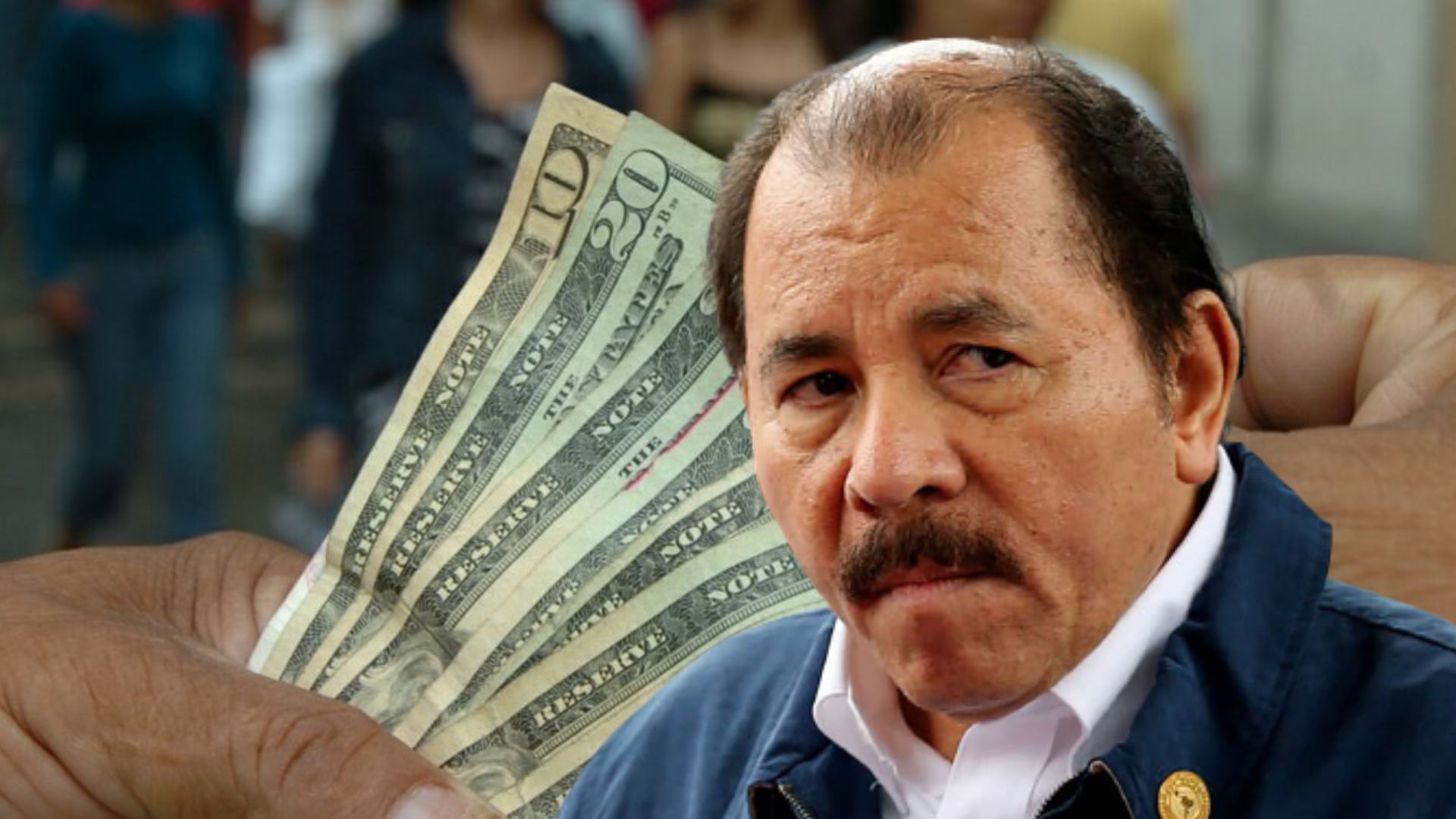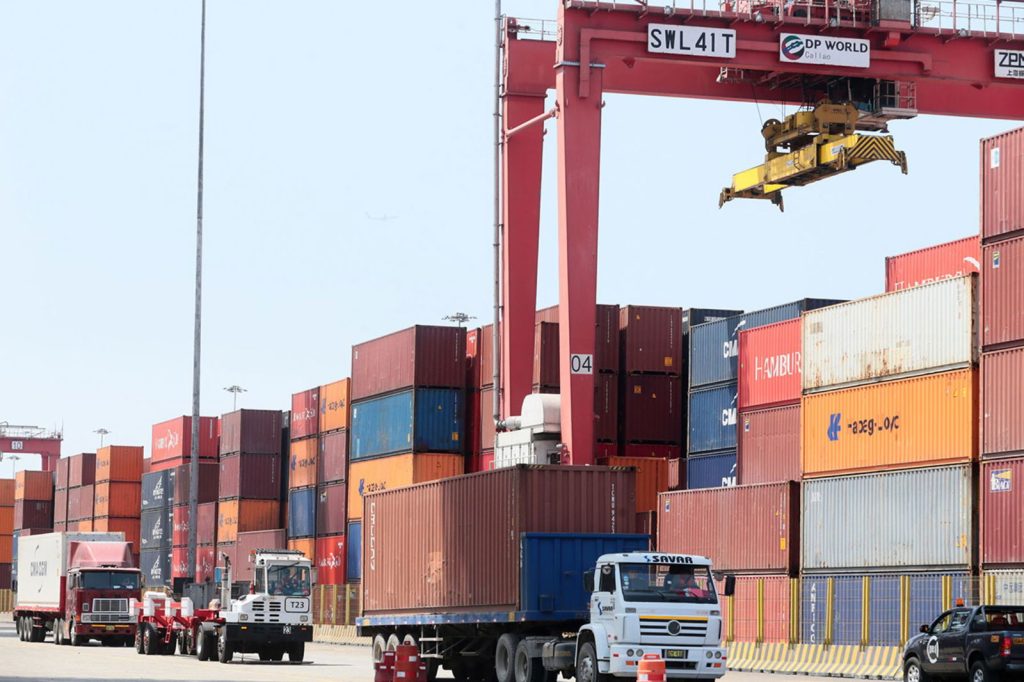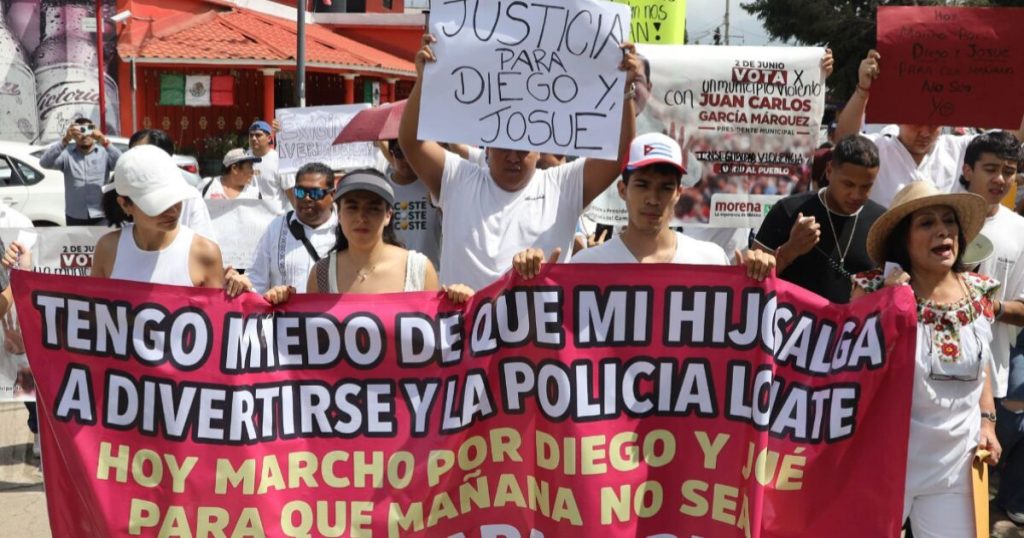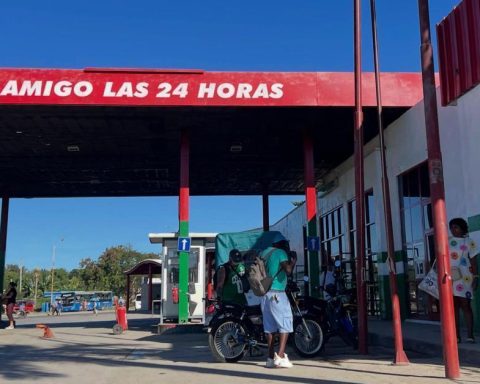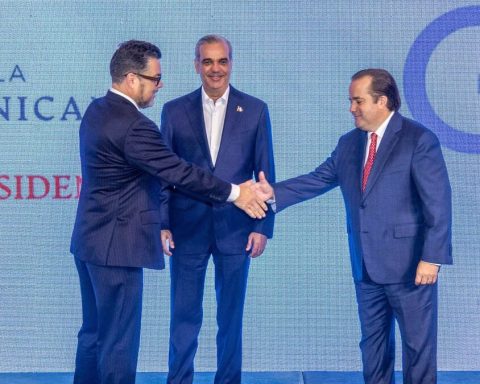The “legislative” control that the Ortega-Murillo dictatorship has initiated over the sending of remittances to Nicaragua is really just another mechanism of repression and an action of “state terrorism,” which has nothing to do with the principles of the Financial Action Task Force (FATF) for the control of money laundering, warned analysts consulted by Article 66.
The Nicaraguan dictatorship has begun a process of reforms to the Law Against Money Laundering, Financing of Terrorism and Financing of the Proliferation of Weapons of Mass Destruction (Law 977) and Law 976 of the Financial Analysis Unit (UAF) to strengthen control and surveillance measures for agencies that work with remittances and their clients.
As part of this network of control and espionage on the Nicaraguan population that receives money transfers from abroad, the UAF will now demand, in accordance with the reformed Law, detailed information on the remittances, the sender and the person who receives the money. In addition, they will be able to order the freezing of the funds and report the senders or recipients to the Police and the Prosecutor’s Office.
The remittance agencies were threatened under the initiative that if they refuse to provide this type of information, the UAF will be able to impose administrative and criminal sanctions against the managers and directors of the remittance companies. The remittance operating companies are caught between the dictatorship and a hard place.
For the president of the organization Nicaraguans in the World and human rights activist, Haydee Castillo, the Ortega-Murillo dictatorship “with its reforms to the legal framework only seeks to give a certain apparent legality to all its arbitrariness” to control the money that enters Nicaragua via remittances and spy on those who receive it.
“This regime lives in panic, in fear that the people of Nicaragua will organize themselves, have the means to act autonomously, independently, and exercise their citizenship rights, which are theirs by law,” says the activist, who maintains that the dictatorship recognizes that remittances help the population to be independent.
Castillo says that the Nicaraguan regime intends to prevent people from having access to anything that is not under the control of the repressive bodies.
“In the case of remittances, they fear that the resources that come from abroad could strengthen the population in their exercise of citizenship, so on the one hand it could be a mechanism of political persecution, social control and state terrorism as it has been until now,” warns the activist exiled and denationalized by the dictatorship.
Related news: Sandinista dictatorship approves law to monitor those who send and receive remittances in Nicaragua
Meanwhile, another analyst, who for security reasons asked to remain anonymous, maintains that the reforms to the laws that have to do with money laundering are nothing more than confirmation that tyrants use the Law as an “instrument, not to improve a financial system and not to improve the mechanisms for preventing money laundering or for monitoring or penalizing money laundering, but rather to instrumentalize laws to maintain control and a mechanism of repression against Nicaraguan citizens.”
The analyst acknowledges that money laundering and organized crime in this regard do much harm in the country, however, he criticizes that the dictatorship is not really concerned about this, but rather about the control of information, about the data of people who send remittances as well as those who receive them.
“That is one of the first objectives,” says the source, who bases his analysis on the fact that, according to him, the Government is thinking that remittances are a mechanism to “feed what they have called all the actions of civil society or of particular citizens who are generating opposition here within the country, so they think that this has been a mechanism to feed that and they want to generate control, to know information about who sends, who receives and how much they receive.”
Another objective pursued by the tyranny, according to the analyst, is to generate panic among the beneficiaries of the remittances, “to generate fear, to create anxiety among families.”
There is no interest in fighting corruption
The anonymous expert maintains that the dictatorship’s thirst for control over the money that enters the country also has nothing to do with the fight against corruption; on the contrary, far from generating government transparency, what they want is to obtain private information from the individuals who are involved in the remittances.
The worst thing is that the remittance companies would be obliged by law to provide all this information to the State. “It is a form of repression,” he said.
These reforms have nothing to do with fighting corruption or money laundering, but simply with repression, the source insists, because “in the evaluations that the FATF and other international organizations have made in relation to prevention mechanisms (of money laundering), remittances have never been mentioned as an Achilles heel.”
“In the case of Nicaragua, we have the basic mechanisms that are standardized throughout the world. The control of remittances is already outside the norm and international standards. Well, because the objective is not really to improve the prevention mechanisms, but rather we already know and I already mentioned it (repression),” insisted the analyst.
Donald Muñoz, from the Civic Association for Democracy, agrees that the reforms to the laws related to money laundering are a mechanism of repression by the dictatorship against the population.
“It simply means expanding Ortega’s control over financial transactions, and this includes remittances, because in the end what they are trying to do is strengthen their legal mechanisms to be able to monitor and pursue any financial activity that they consider suspicious or that is related to political opponents,” warns Muñoz.
Related news: Nicaragua registers a 15.7 percent year-on-year increase in remittances in January 2024
The exiled opposition activist recalled that Ortega has implemented a series of laws that have been restricting the freedoms of civil society and of citizens who, in some way, have participated in the protests.
“They have used this (the laws) to accuse people of terrorism against the State and they do this especially because they are pursuing sources of financing, because they claim that there are sources of financing to destabilize the government, so they simply seek to improve their control mechanisms to be able to prosecute, arrest or repress protesters or civil society organizations and obviously this includes the possibility of seizing (confiscating) assets.”
Finally, the opposition argues that Ortega wants to control remittances because they represent a significant source of income for many Nicaraguan families and this has a real and significant impact on the country’s economy.
“What the government is doing is monitoring and restricting the flow of money that could be linked to opposition movements, activists, journalists or activities that they perceive as a threat to their power. They are seeking to exert political pressure on specific people and their families,” the exile concluded.
